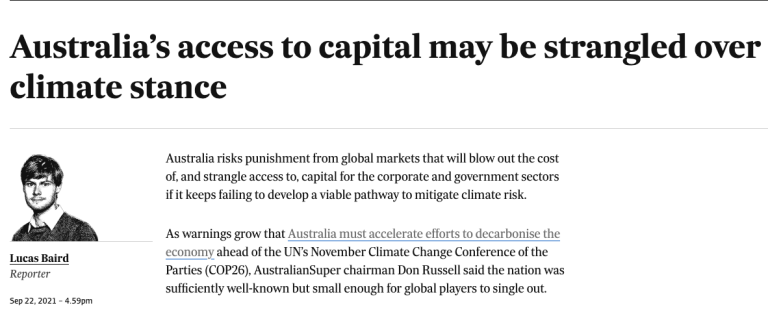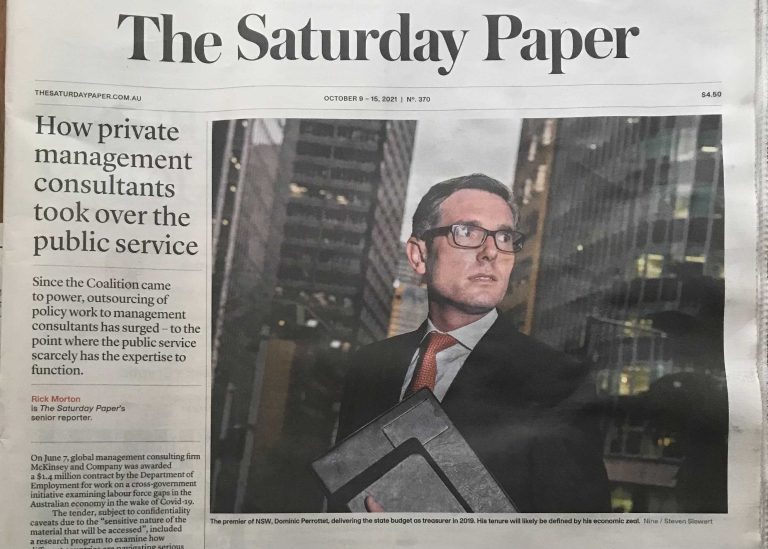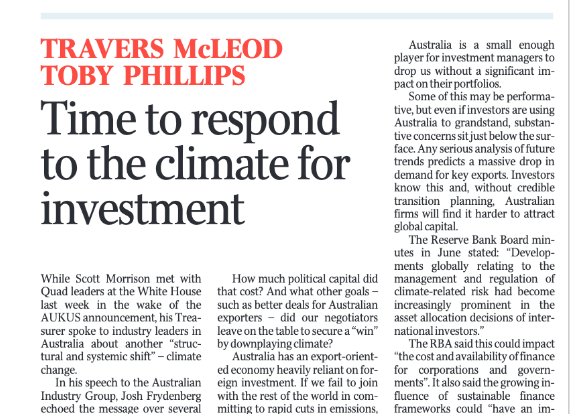Jennifer Dogget criticises the Oppositions take on health financing issues in the context of their rejection of the Government’s efforts to reform the private health insurance rebate.
Read Jennifer Dogget’s article originally published at Crikey here.
“Imagine if car insurance provided rebates for fuel expenses and the Government subsidised the cost of that insurance. What would result from this (thankfully) hypothetical situation? People would use more petrol than they do currently (since they don’t incur its full cost), petrol would become more expensive (due to the increased cost of administering the scheme as well as the blunting effect of subsidies on price signals); and richer people, who have bigger cars (on average) and more money to purchase fuel, would benefit disproportionately from the subsidy than those on low incomes.
It’s an absurd proposition but it’s exactly what happens in relation to health care funded by private health insurance. Nicola Roxon’s attempt last night to reduce the rebate subsidies for high income earners with private health insurance is one small step towards minimising the adverse impact of this costly policy on the public purse. The fact that it was defeated in the Senate demonstrates how little understanding the Opposition has of health funding issues.
Private health insurance is one of the most inefficient and expensive mechanisms for paying for health care. Private health insurance funds spend about 13% of revenue on administration, compared with the 3% spent by Medicare. Partly this is due to the economies of scale of Medicare but also because private funds have to spend money on advertising to compete against each other. Higher administration costs drive up premiums which ultimately come out of the pockets of consumers and tax payers.
Private health insurance is inefficient in other ways. By shifting demand from public to private services, doctors and nurses are attracted away from the public sector. We have a fixed number of doctors and nurses in Australia. When demand increases in the private hospital sector, health professionals will move there away from public hospitals. With widespread health workforce shortages, we should be ensuring that the first priority for health professionals is to care for the sickest people in the community. Generally these are found in the public system.
Private health insurance does not make it easier for the most disadvantaged people to afford the health care they need. The group with the poorest health status in the community, Indigenous Australians, has the lowest level of private health fund membership. People on low incomes often can’t afford the high gap payments that come with private care, even if they can afford the monthly premiums. And people with chronic conditions often find that the annual limits and caps on rebates for treatments run out long before they have received the treatment they require.
In fact, in most cases private health insurance is not really insurance. Fixed rebates combined with open ended co-payments, such as those required for ancillary services by most forms of private health insurance, do not limit the risk of consumers incurring high health care costs. Rather they act as an inefficient and overly complex budgeting measure to assist consumers with managing health care expenses.
Given the high costs and other disadvantages of an insurance model for funding health care, it should be used minimally. In sharing the risk of very unusual and high cost health care needs, the advantages of an insurance model probably outweigh its risks. However, given that (by definition) the majority of health consumers do not experience unusual and unpredictable high health care costs, private health insurance should not be supported or subsidised by government as a mechanism for funding predictable and regular forms of health care.
Instead of blocking the Government’s laudable (although not nearly comprehensive enough) attempt to reduce the inefficient subsidy for high income earners, the Opposition should be focussing on finding more efficient ways of funding health care. There are a number of options for this (some outlined in the National Health and Hospitals Reform Commission Report), almost any of which would be an improvement on the current private health insurance model.
The private health insurance rebate was a terrible Howard-era policy, designed to buy off pensioners scared about the introduction of the GST before the 1998 election. It’s served its purpose. It’s cost us (the tax payer) billions. It’s prevented the development of other innovative and efficient funding mechanisms which genuinely respond to consumer needs.
It’s time it was pensioned off and allowed to live out its days as a textbook example of the worst health funding policy in Australia’s history.”



